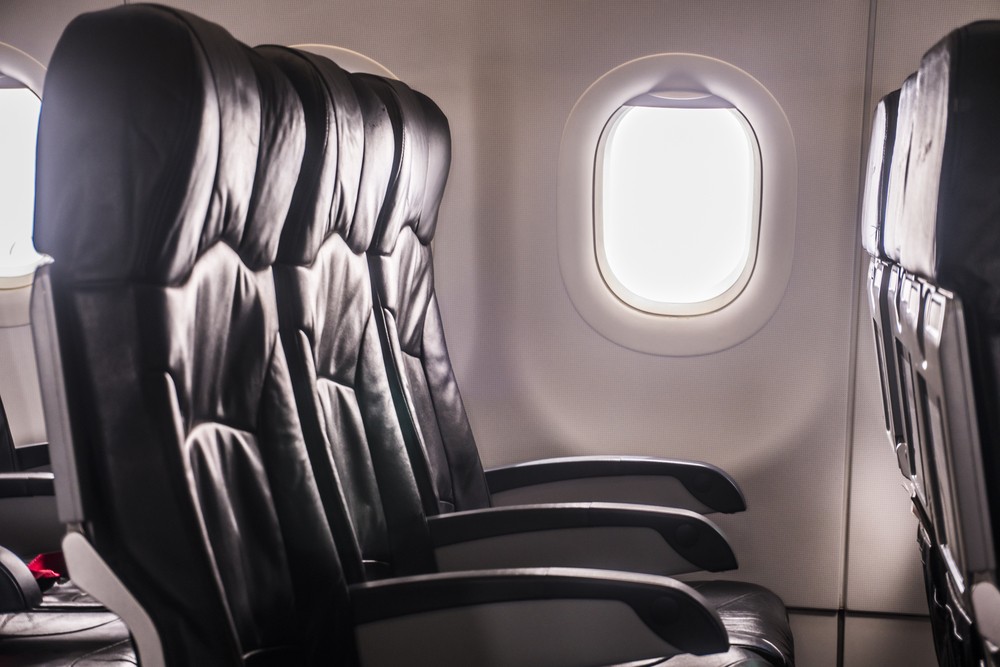Popular Reads
Top Results
Can't find what you're looking for?
View all search resultsPopular Reads
Top Results
Can't find what you're looking for?
View all search resultsTop causes of post-flight sickness: Jet lag and tray tables
Change text size
Gift Premium Articles
to Anyone
Vacationing is not always synonymous with better health, as travelers frequently fall sick after a long flight.
Business Insider reported that tray tables and jet lag are among the top causes of sickness after a long flight.
A microbiologist hired by online trip calculator Travelmath discovered an average of 2,155 colony forming units (CFU) per square inch on tray tables of four planes, making it the germiest spot on an airplane.
By contrast, the biologist only discovered an average of 265 CFU per square inch on the lavatory flush button.
To avoid falling sick, Drexel Medicine, a healthcare system affiliated with Philadelphia’s Drexel University College of Medicine, suggests that travelers clean the tray table with disinfectant wipes and not place food directly on it.
Read also: Why window seats are better for long-haul flights
In regard to jet lag, University of Sydney Professor Steve Simpson notes that jet lag disrupts the human body clock.
"We have what’s known as a circadian clock system that organizes everything about us. It’s a very sophisticated clock system, which resides in every cell and organ in our bodies, and is controlled by a master control clock in our brain," said Simpson.
However, the body clock cannot adjust by more than an hour to 1.5 hours a day, resulting in jet lag for passengers on long-haul flights.
Moreover, a study conducted by Cambridge University discovered that a disrupted circadian rhythm can influence a traveler's immune system, increasing the likelihood of infections.
To avoid getting sick after a long flight, Simpson suggests that travelers start shifting the circadian rhythm prior to the scheduled travel time by gradually changing their eating, sleeping and activity patterns to match the destination. (jes/asw)







